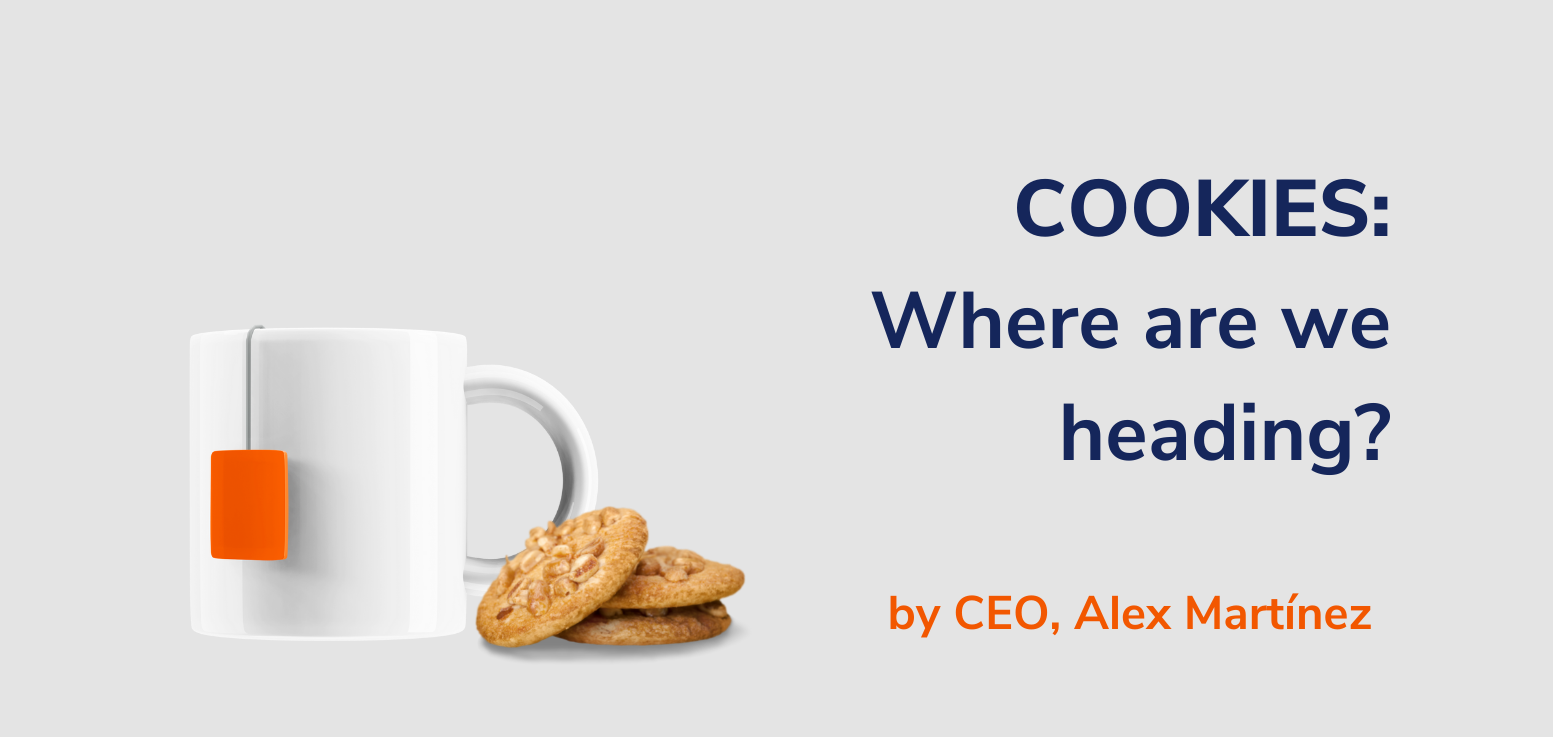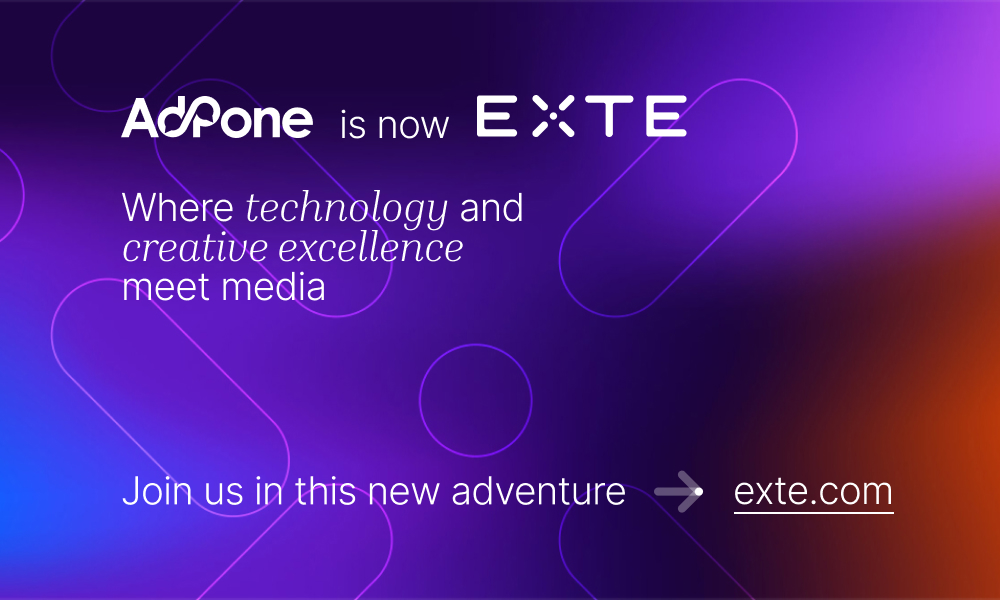Although Google has already announced the delay of the disappearance of cookies until 2023, all seems to point that the online advertising sector is heading towards a world without cookies. With the arrival of this scenario, advertisers and publishers are looking for new techniques to manage and track consumers using unique identifiers in order to continue reaching users with relevant ads.
What would the disappearance of cookies imply?
At the beginning, the announcement of the disappearance of cookies caused a big alarm within the industry because of the thought that this would make the measurement of the campaigns difficult. Also, it would add complexity to understanding the user’s behavior when creating strategies.
The truth is that Google has postponed the testing of this cookieless world until the end of 2023 or the beginning of 2024, without confirming that it will finally apply it.
Nevertheless, different solutions have already come up to face this new scenario in which it is still a priority to continue obtaining user’s data to create tailored advertisements, without meddling with their privacy.
What solutions are currently available?
- Device ID. Each mobile contains an identifier that is associated with an email account. This will not be affected by the disuse of cookies and could be decisive for programmatic advertising.
- The creation of an universal identifier per user. This type of identifier (ID5) is the closest element to the current cookie, but it takes longer to implement. In this case, all the agents involved in the digital advertising process will exchange data.
- Google Privacy Sandbox. This system intends that the user’s browser will be the one that stores and processes their personal information through APIs. Anonymously and using cohorts, groups of users with similar preferences are created resulting from an algorithm defined by the technology. This technique implies a paradigm shift: from an individual to a group segmentation. Google’s solution is called FLoC (Federated Learning of Cohorts). Its objective is to replace third-party cookies in their function of identifying user’s preferences, without losing their anonymity.
At AdPone we have been testing, and more than three solutions are showing satisfactory results. We have these three solutions mentioned above, which are the most representative in the current market, and working on more. In the last three months we have carried out ID5 validation with satisfactory results in Safari and Firefox browsers, where cookies are already blocked.
What about post Cookies?
We are also working on a Contextual solution, in which we seek segmentation through the semantic analysis of user’s readings on the Internet. In practice: words are collected from URLs, organized into clusters and categories, and later on, segments are activated.
On the other hand, we are supporting IAB to promote an opensource solution, based on the consent of the user under the same CPM.





